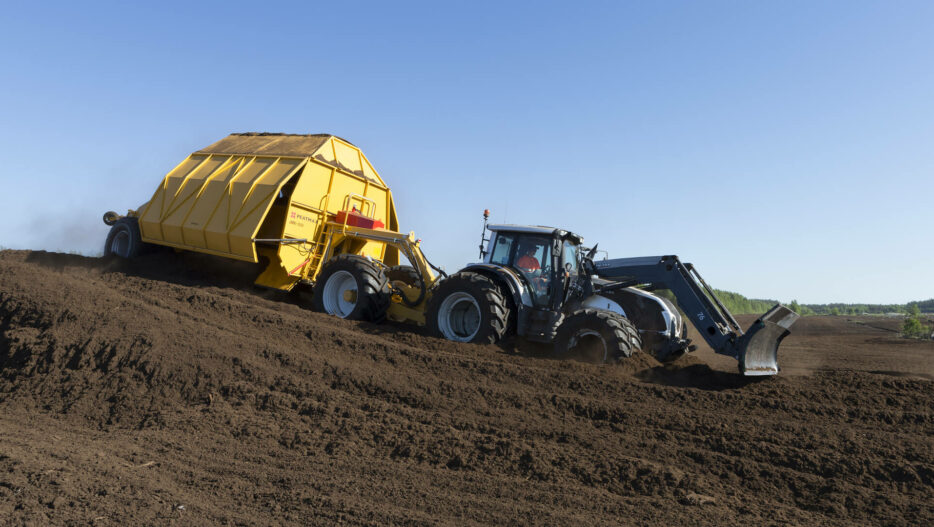
Neova writes down EUR 16.2 million due to discontinuation of energy peat production in Finland
The deep decline in demand for energy peat continues. Energy peat consumption in Finland will be less than 7 TWh this year, and the figure is estimated to be less than 5 TWh next year. In practice, the use of milled fuel peat on an industrial scale will come to an end in a few years. The main reason for the decline in demand is the increase in the price of emission rights to more than EUR 60 per tonne of CO2 equivalent. This, together with the increase in the energy tax, has made energy peat a much more expensive fuel compared to wood chips and commercial timber.
In 2021, Neova produced less than one million cubic metres of energy peat in Finland. In 2022, the company will no longer produce milled fuel peat at all. For this reason, the company will write down a total of EUR 16.2 million in balance sheet items related to energy peat production in its 2021 financial statements. The write-downs concern all remaining fixed assets related to energy peat in Finland: the peat substance in the energy peat production areas, production machinery, roads and buildings, i.e. practically all balance sheet items except the value of land and other available-for-sale assets such as electricity connections. Existing energy peat stockpiles will not be written down.
Neova has stockpiled energy peat in quantities it believes will meet the needs of important customers for years to come. The end of energy peat production will significantly reduce the number of the Neova’s peat production areas. According to the company’s estimate, the active production area required for the production of horticultural and bedding peat and high-value peat products in 2025 will be only about 15,000 hectares, which is less than 0.2 per cent of the total peatland area in Finland.
The company has undertaken to convert the decommissioned land for subsequent land uses within two years of the discontinuation of production. In the following years, the company will convert old production areas for subsequent land uses, which means they will mainly be afforested or restored as wetlands. This means improving biodiversity at hundreds of sites in a total area of more than 10,000 hectares.
According to CEO Vesa Tempakka, the decision to discontinue milled fuel peat production was made on a commercial basis. The company will continue to produce horticultural and bedding peat and, among other things, peat as a raw material for activated carbon. “We are prepared to produce energy peat in the future if securing Finland’s energy supply or securing the energy supply of some critical customers requires it. At the moment, we do not foresee such a need,” Tempakka says.
“The development in the last two years and the forecast for the use of energy peat in the following years means that the CO2 emissions of the entire peat industry, i.e. combustion emissions, emissions from the production of all types of peat, and soil emissions from production areas, will remain at an estimated 0.6 million tonnes in 2025, which is about 1.5% of all emissions in Finland. From 2015 to 2021, the industry’s CO2 emissions have decreased by about four million tonnes,” Tempakka says.
The company is now focusing on professional growing media, bedding peat and new high-value products made from peat and other natural materials.
For further information, please contact:
- Vesa Tempakka, CEO, Neova, tel. +358 40 072 6727
- Jarmo Santala, CFO, Neova, tel. +358 40 801 9191
- Ahti Martikainen, Director of Communications and Public Affairs, Neova, tel. +358 40 680 4723